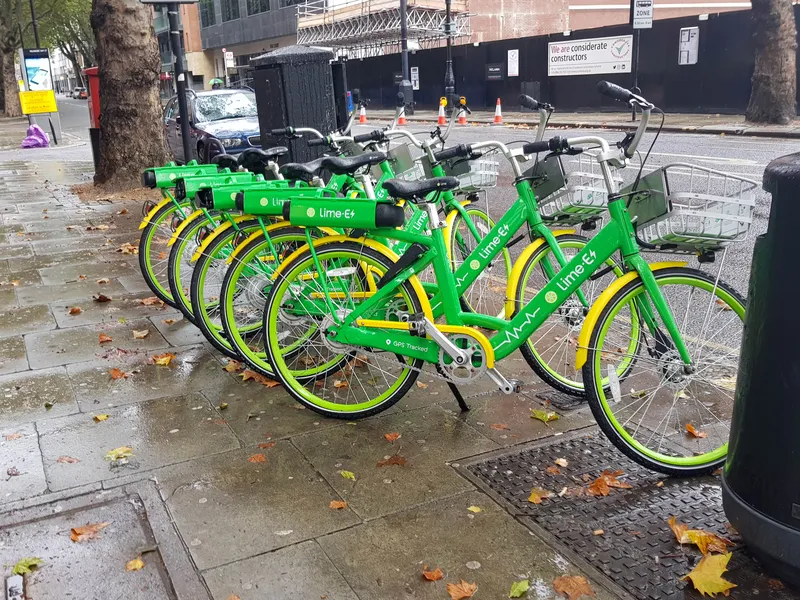Ho Chi Minh City government in Vietnam is targeting traffic congestion and gridlocks by implementing a range of measures including hikes in parking charges in central zones, banning private vehicles on some streets at particular times, and increasing registration charges for cars and motorcycles. Moreover, Mien Tay and Mien Dong bus terminals will be relocated to outskirt zones, while other bus terminals will be improved and enlarged.
April 20, 2012
Read time: 1 min
RSSHo Chi Minh City government in Vietnam is targeting traffic congestion and gridlocks by implementing a range of measures including hikes in parking charges in central zones, banning private vehicles on some streets at particular times, and increasing registration charges for cars and motorcycles. Moreover, Mien Tay and Mien Dong bus terminals will be relocated to outskirt zones, while other bus terminals will be improved and enlarged. A total of 1,600 old buses will be replaced with cleaner compressed natural gas-based buses and new bus routes will be established. The city hopes that 30 per cent of the citizens will use public transportation by 2020 and 15 per cent by 2015 compared with just 7.3 per cent currently.







